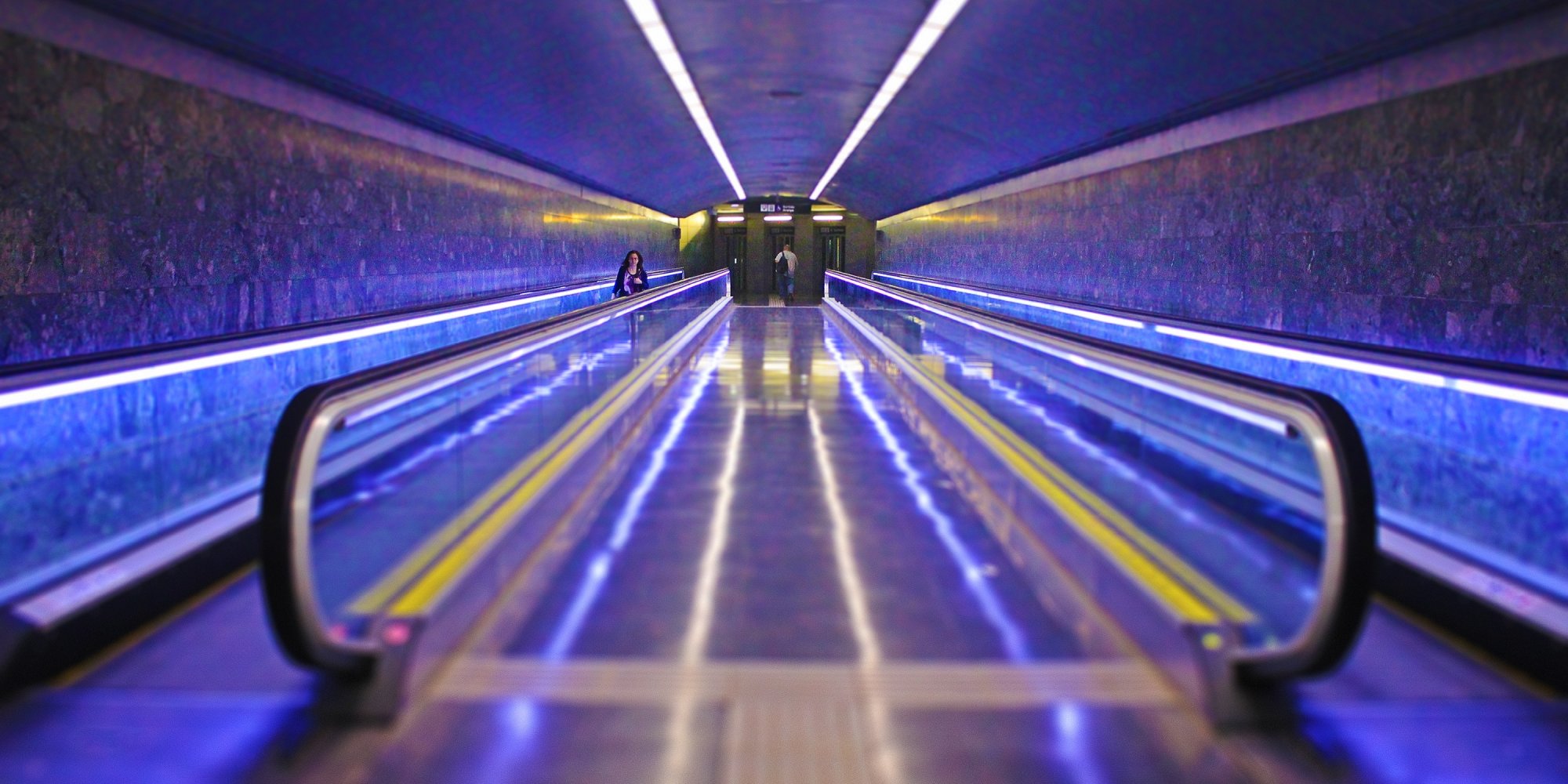Urban Technologies & Innovation
Coupled with such components as the Internet of things, big data, artificial intelligence, developments in robotics, mobile and cloud technology, a digital transformation with an impact on all life patterns on a global scale is taking place. Indispensable for this transformation is the smart cities approach, which puts all resources into efficient use, aims to build sustainable cities and to offer high living standards to its inhabitants. With local governments being more proactive in the process of urbanization and adopting an approach that makes much of the potential of technology, the process of adaptation to such technologies will be accelerated through effective management.
Urban technologies will alter the functioning of cities in no small measure, thereby determining the shared future of all humanity. Identifying the targets of urban technologies, a relatively new developing area, and understanding its potential is still in progress. Nonetheless, equipping cities with technology should not be an end in itself in this process. Technology, contrarily, should be utilized as an influential tool to support public policies in achieving desired goals and to provide equal opportunities for all segments of society.
Technology and innovation in newly developing cities are situated in such a manner that they contribute to the planning processes starting from the infrastructure level, accommodate with the economy of the city and develop creative solutions to the problems. This contribution is further enhanced in conjunction with access to open data, competent academic capacity and participation of civil society. Innovation capacity plays an accelerating role in the development of cities; such developments gain strength by virtue of participant models such as living lab, fab lab, incubation centres, technology and innovation centres, science centres, etc.
While smart urban technologies used in the services provided by local governments as well as the connections made between the virtual and physical infrastructure in the cities increase the quality of service, they, at the same time, expose cities to the potential risks of digital transformation, which are difficult to control. Development of cyber security and intrusion prevention systems is of great importance in combatting cyber-attack techniques such as data manipulation and signal breakdown targeted at smart cities.
Within the scope of MARUF and under the theme “Urban Technologies and Innovation,” the focus will be on the ways the cities will be affected by digital transformation, the kinds of practices to be witnessed as well as the kinds of opportunities and risks to appear; proposed solutions will be discussed in line with best practices.
Sessions
| Session Name | Date | Time | Room |
|---|---|---|---|
| Back to the future: Cities as incubators of innovation | 1 October 2019 | 14:00 - 15:30 | Emirgan 1 |
| Smart Cities: Fostering the quality of life | 2 October 2019 | 14:00 - 15:30 | Emirgan 1 |

